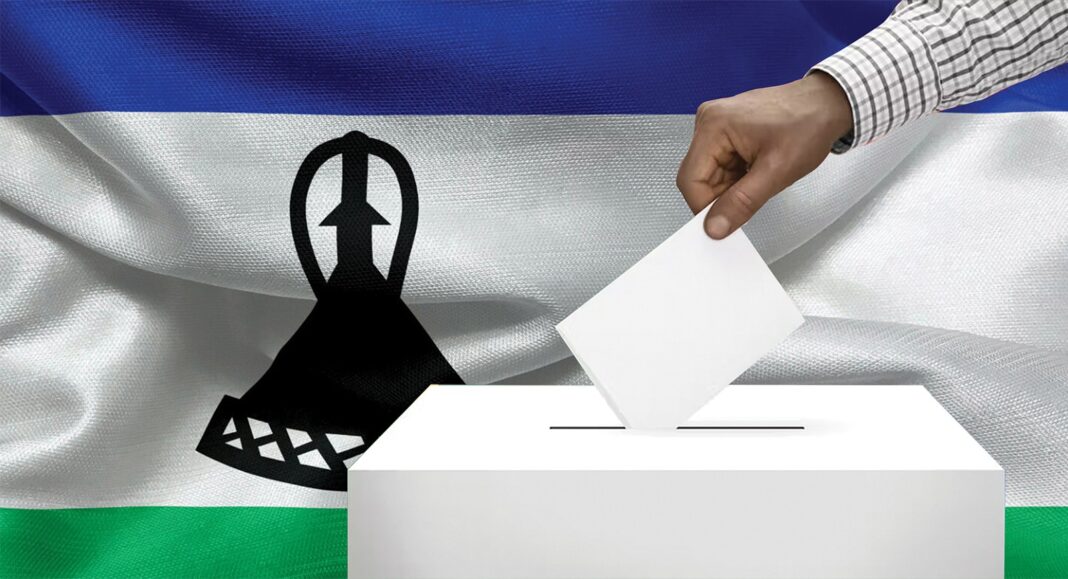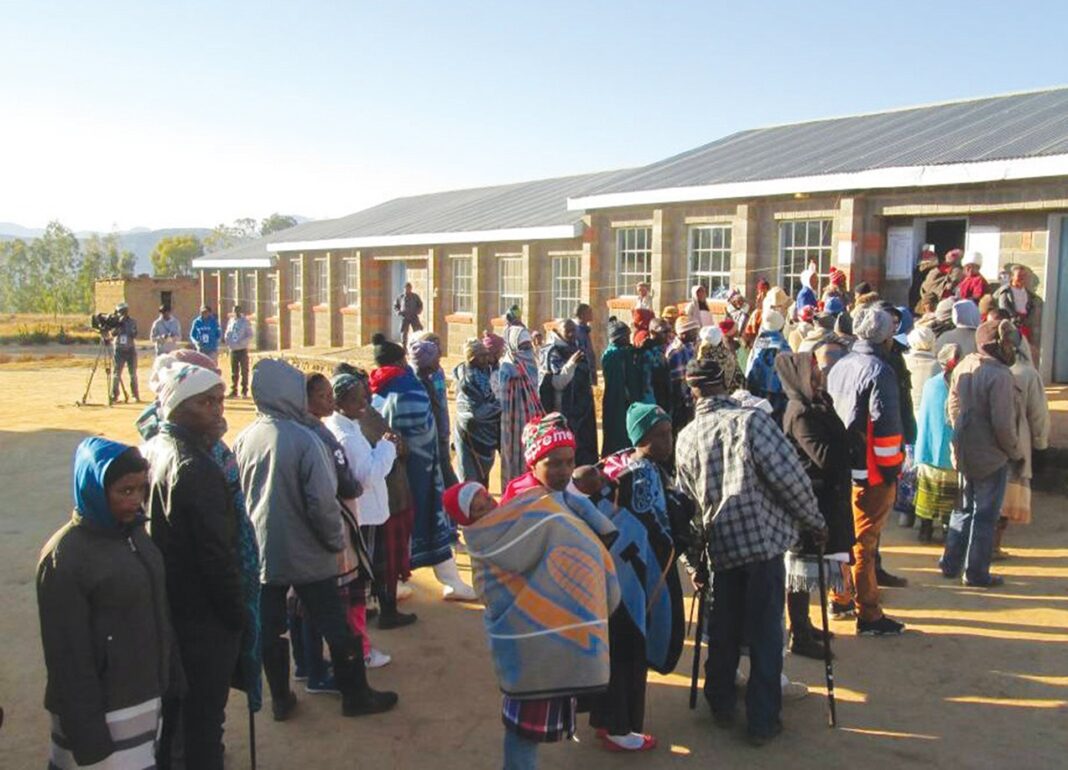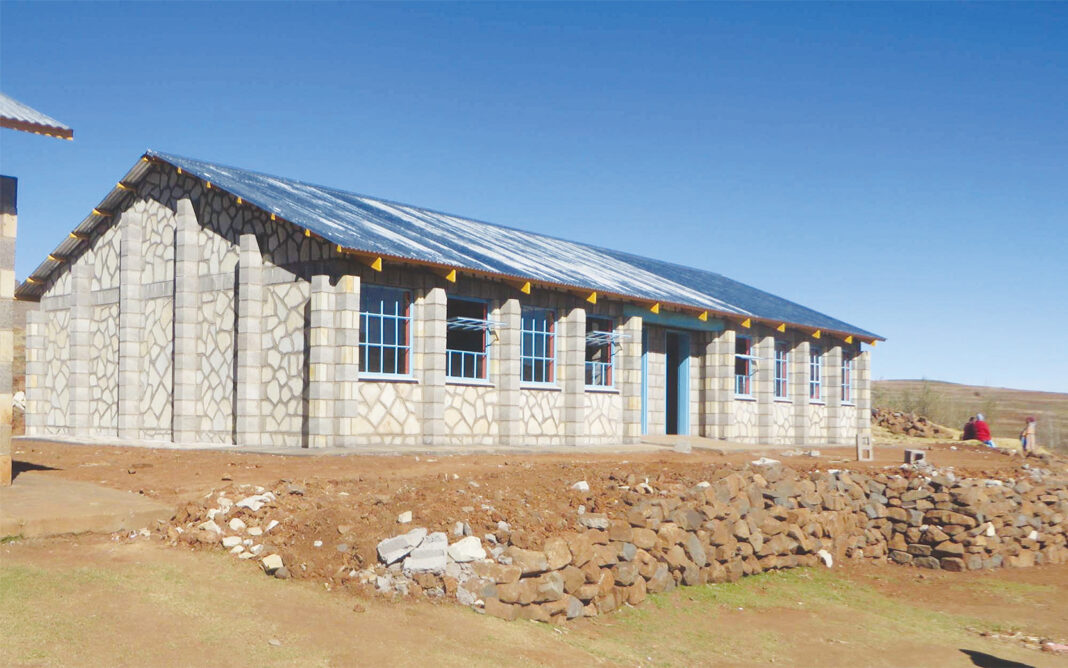By ‘Majirata Latela
In this interview, political analyst and senior lecturer in the National University of Lesotho’s department of political and administrative studies, Dr Tlohang Letsie (TL) discusses crucial aspects of the parliamentary elections, from the different parties’ manifestoes, to conducts and rallies.
Tomorrow is the big day and we have witnessed the different parties’ final rallies, especially the major ones. Given their sizes, would you say they reflect the potential outcome of the elections? Why?
TL: Yes, I think they do. Because the four big parties being All Basotho Convention (ABC), Democratic Congress (DC), Revolution for Prosperity (RFP) and Basotho Action Party (BAP) to a certain extent do reflect the outcome.
In my opinion, if we look at the RFP rally and BAP, they were both dominated by the youth and since also their inception we have seen mostly young people getting involved in the campaigns. And also, looking at the circumstances in which these elections are going to be held, it is obvious that the declining economy which has led to the unprecedented high youth employment is an electoral issue and therefore I believe we are going to see a relatively high turn out of the youth electing in these two parties.
With DC, it has its old people who are reliable to the party and who will keep voting for it. With the ABC, we have seen a serious resurrection of the party. The change of leadership has actually breathed some life in it. The people who are still with the ABC are also the loyal followers. ABC is going to benefit from its returning followers who seemed to have lost hope when the party experienced challenges.
All these parties have a possibility to make the top four even though it is not possible to rank them now.
Prior to the rallies we saw debates held by the Transformation Resource Centre and National University of Lesotho among others. Were the political parties convincing and can we say they gave a good account of themselves? What are your reasons?
TL: The main reason for these debates was for political parties to unpack their different manifestos and for people to get what the parties hold for them. In those debates I can say only a few parties were convincing and in that regard BAP comes first. BAP has been very consistent and clear with its plans on what they intend to do. They tell you what they hope to do very clearly. However, the other parties were not so convincing.
Most of the parties failed to show the how part of it; they failed dismally on that note. As for the parties which are already in government, it was hard to understand when they say they are going to do things whereas they are still in government. When they were unpacking their manifestos, people started asking questions like ‘what are they going to do differently if they failed in the last government?’.
I was impressed by the BAP and, to some limited extent, the RFP was also convincing and benefiting from the fact that it has never been in government.
The questions which were answered, the parties were also not really convincing in trying to answer the questions; they were just wrangling around instead of answering the questions.
These elections, are they going to be won on sentiments of issues? Please explain your answer.
People go for elections for different reasons; we can look at parties such as the DC whose people have some serious sentimental attachments to it and, to a smaller extent, the ABC. These parties have followers who have sentimental attachments because they say they are parties they have inherited from their forefathers.
As for the new parties, most people who follow them are following them on issues. People listen to both Matekane and Professor Mahao and then make decisions on who to follow and why, unlike those two parties which are in government.
What do you think are the major issues that should dominate these particular elections? Are you satisfied that the different political parties have touched on them?
The major issues in these particular elections include the declining economy which I have mentioned before. Also, youth unemployment is also another very serious issue. Also dissatisfaction of the performance of the 10th parliament because many people are not happy about how the last parliament has performed.
Those three issues which are interrelated are the major issues. In addition, the skyrocketing crime rate is also another issue that is major.
All these issues, these major parties have not said much about what they are going to do to address the issues and, mostly, the parties that are in government were not convincing on what they were going to do. However, for parties that are outside of government it was easy for them to say what they are going to do when they are elected to government.
We have seen a major shakeup in the political landscape with, among others the arrival of new players. What does this mean for small parties that usually earn one or two seats in the National Assembly?
Those small parties are going to be negatively affected. For example, looking at Democratic Party of Lesotho (DPL) and others, when they realised there is a major shakeup in elections they decided to form an alliance with one of the big parties.
These parties have lost membership to these new coming parties. With big parties increasing, it says there are less chances of these small parties gaining the compensatory seats that they used to get. There is the likelihood that those big parties are the ones we will see in the National Assembly.
It was going to be even worse if the Electoral Amendment Bill of 2022 was passed because it is possible that many small parties many not get four percent of the electoral votes.









